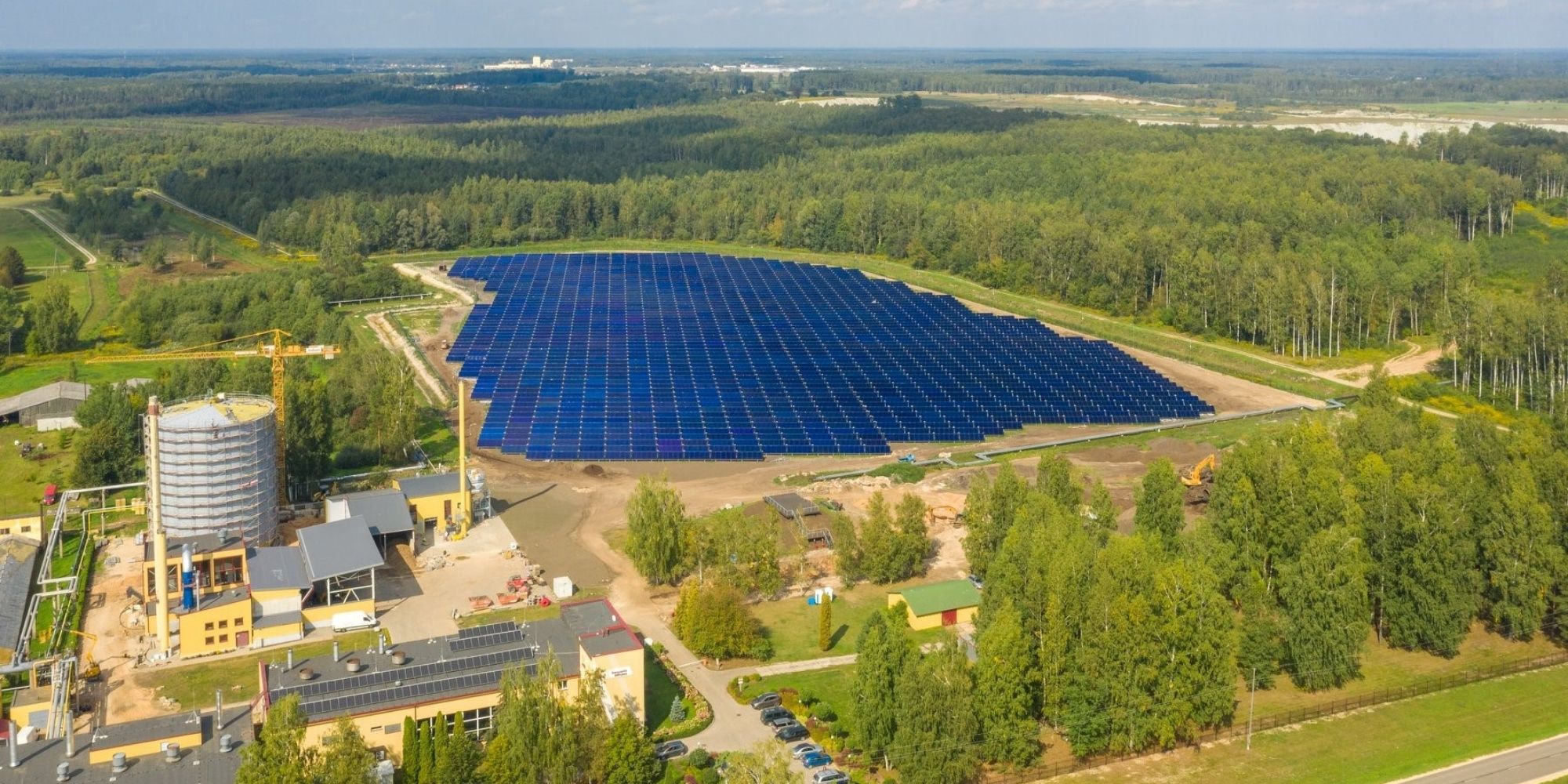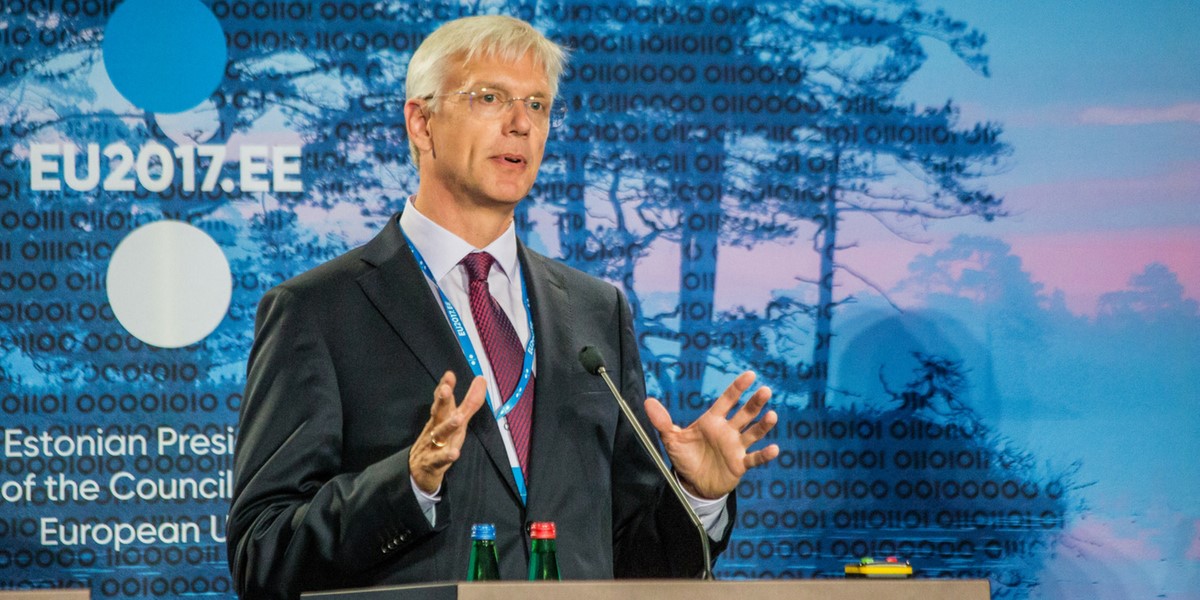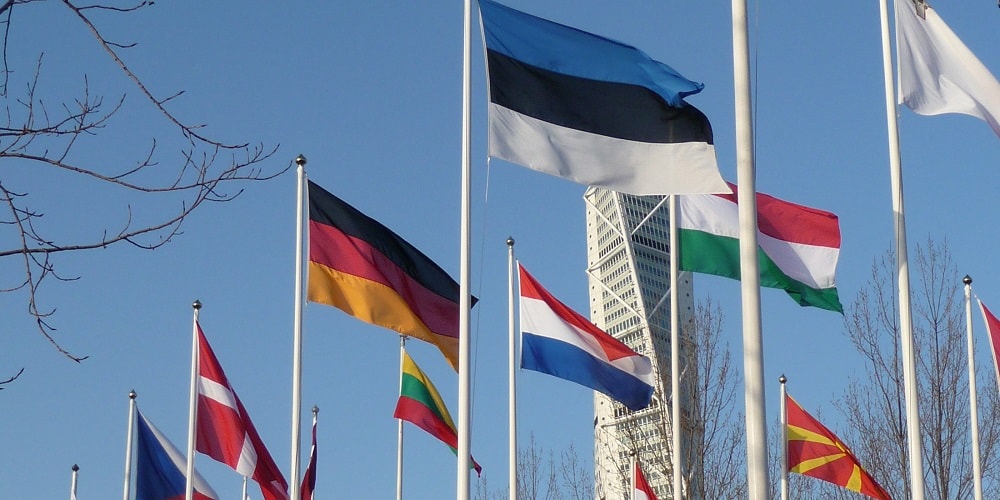
National campaigner, Latvia
Email: selina.vancane AT bankwatch.orgTel.: +371 26300052
Selina joined Bankwatch in 2013. As a national coordinator in Latvia, she monitors implementation of EU funds in Latvia and coordinates advocacy work for strengthening sustainability and public participation in regional policy.
Her focus areas are finance for energy efficiency and climate mitigation through public funding on a national and EU levels. Additionally, she works on research and position building in energy poverty, efficiency and sustainable energy, including advocating for complex energy efficiency measures for households and municipalities within the programming of Cohesion Policy budget.
Selina holds an MA degree in Environmental Management, on top of her undergraduate degree in Politic Science. Currently, she is pursuing a PhD in climate change impacts of energy systems and energy efficiency.
Selina speaks Latvian, English, Russian and Swedish.
More from Selina Vancane
District Heating is an efficient way to heat homes, particularly in a country like Latvia where 58% of its primary energy consumption is used for heating. But Selīna Vancāne at Riga City Council is very concerned that the draft EU Recovery plans do not include any support under the climate goals for district heating projects. Perhaps it’s because of a blind spot: most of Europe is prioritising individual heating units powered by electricity. Meanwhile, Latvia is tacking the issue of fuel sources for district heating. There’s gas (not clean, must be imported from Russia), woodchips (plenty of local supply, but has sustainability limits), and much better solutions like solar. Vancāne offers the case study of Salaspils Siltums, built in 6 months, which provides solar district heating to 85% of a town of 18,000 people. She urges the EU to fund both district heating and the new clean solutions it can use. The results can be cost effective, sustainable, efficient and curb emissions.
On 12 July, Bankwatch member group in Latvia Green Liberty brought together a group of energy experts with Krisjanis Karins, a member of the European Parliament (MEP), to foster the energy transition towards low carbon development and a sustainable energy sector for the country.
Position on the Multiannual Financial Framework
July 9, 2018 | Read more
For nearly three decades, the EU Budget, and especially sectoral instruments such as the Cohesion Policy, has been a proven catalyst in the fight against climate change and the transition to a low-carbon energy system. By providing public investments i
Business interests continue to overshadow public concerns with regards to the dubious €100-million tram project in Riga.
Cohesion at crossroads: What we need from the next EU budget
February 20, 2018 | Read more
A reform of finance of the EU’s cohesion policy is needed and timely, but rather than merely shrinking, it is high time to make it a real catalyst of an ambitious, sustainable and democratic transformation that works for European citizens.





